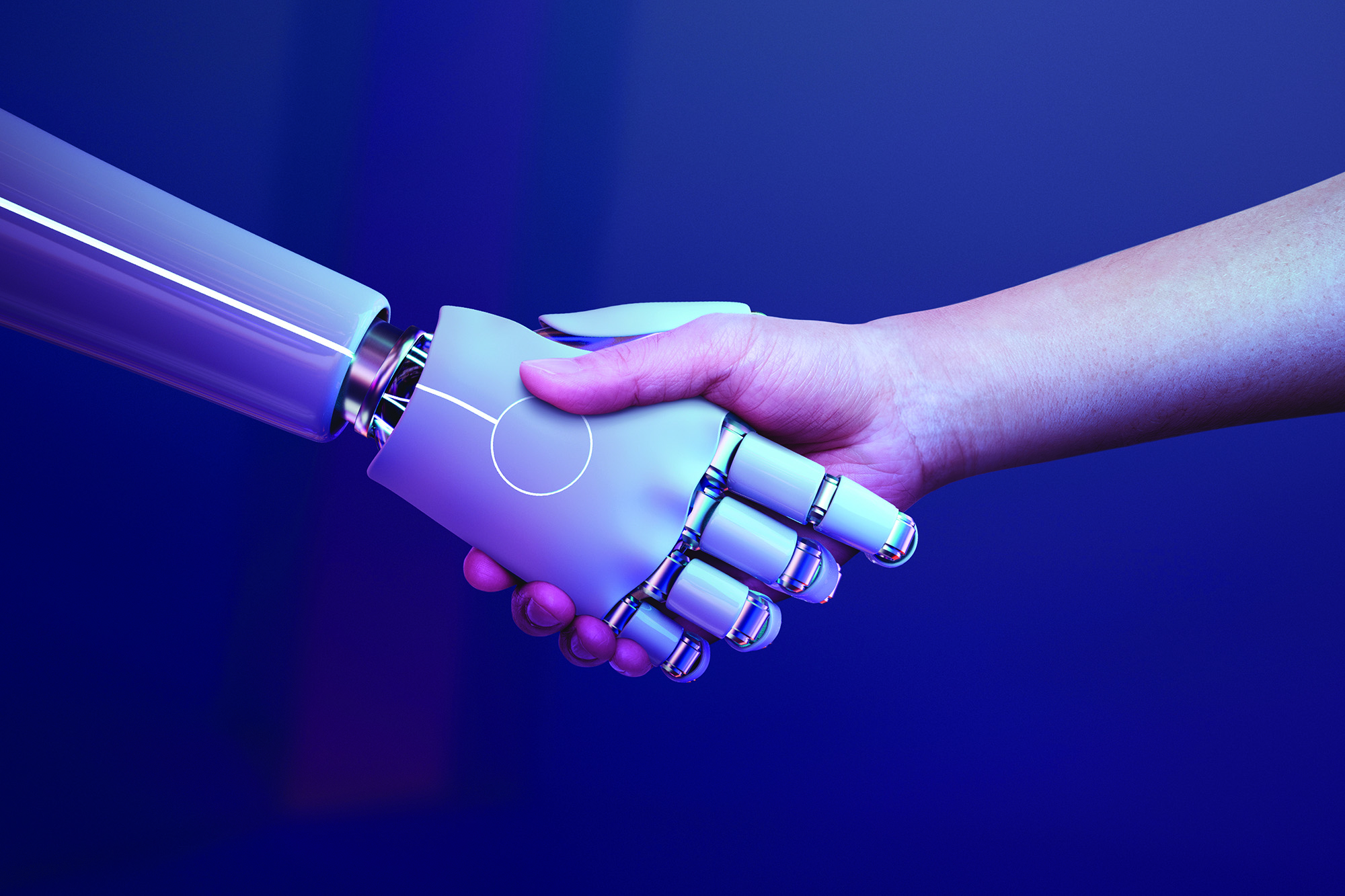The report surveyed 12,000 global executives, HR professionals, employees, and investors, and looked into strategies for leading teams through the evolving work landscape.
The findings reveal that four out of ten executives believe that investing in generative AI holds the greatest potential for boosting productivity within their organizations.
However, Kate Bravery, Mercer’s Global Talent Advisory Leader and the study’s author, emphasizes that while AI is a top priority for executives, technology alone is not the ultimate solution.
In addition to AI investment, C-suite members are prioritizing various strategies to enhance productivity, including employee upskilling and reskilling, initiatives to promote physical and mental well-being, process optimization, and simplifying organizational structures. These initiatives underscore organizations’ efforts to integrate generative AI tools alongside agile talent models and human-centered work designs.
The report highlighted the importance of maintaining a focus on people within the productivity equation to ensure that gains are equitable across the workforce. Despite investments in AI and upskilling, the report highlights concerns among executives regarding the pace of technological advancement outstripping the rate of worker retraining.
Furthermore, a significant portion of executives express apprehension about their talent’s ability to adapt to changes. Less than half of executives believe that their current talent model can meet this year’s demands, while only 28% of HR leaders are confident in the success of human-machine collaboration.
The divergent priorities between C-suite and HR leaders are apparent, with HR focusing on enhancing the employee experience and employer value proposition to attract and retain top talent. Other HR priorities include investing in employee benefits, refining workforce planning strategies, enhancing HR analytics capabilities, integrating AI and automation into work processes, and modernizing rewards practices.
Pat Tomlinson, President at Mercer, spoke to the significant shifts occurring in the workplace, emphasizing the need to place people at the center of organizational transformation amid the rise of human-machine collaboration.











